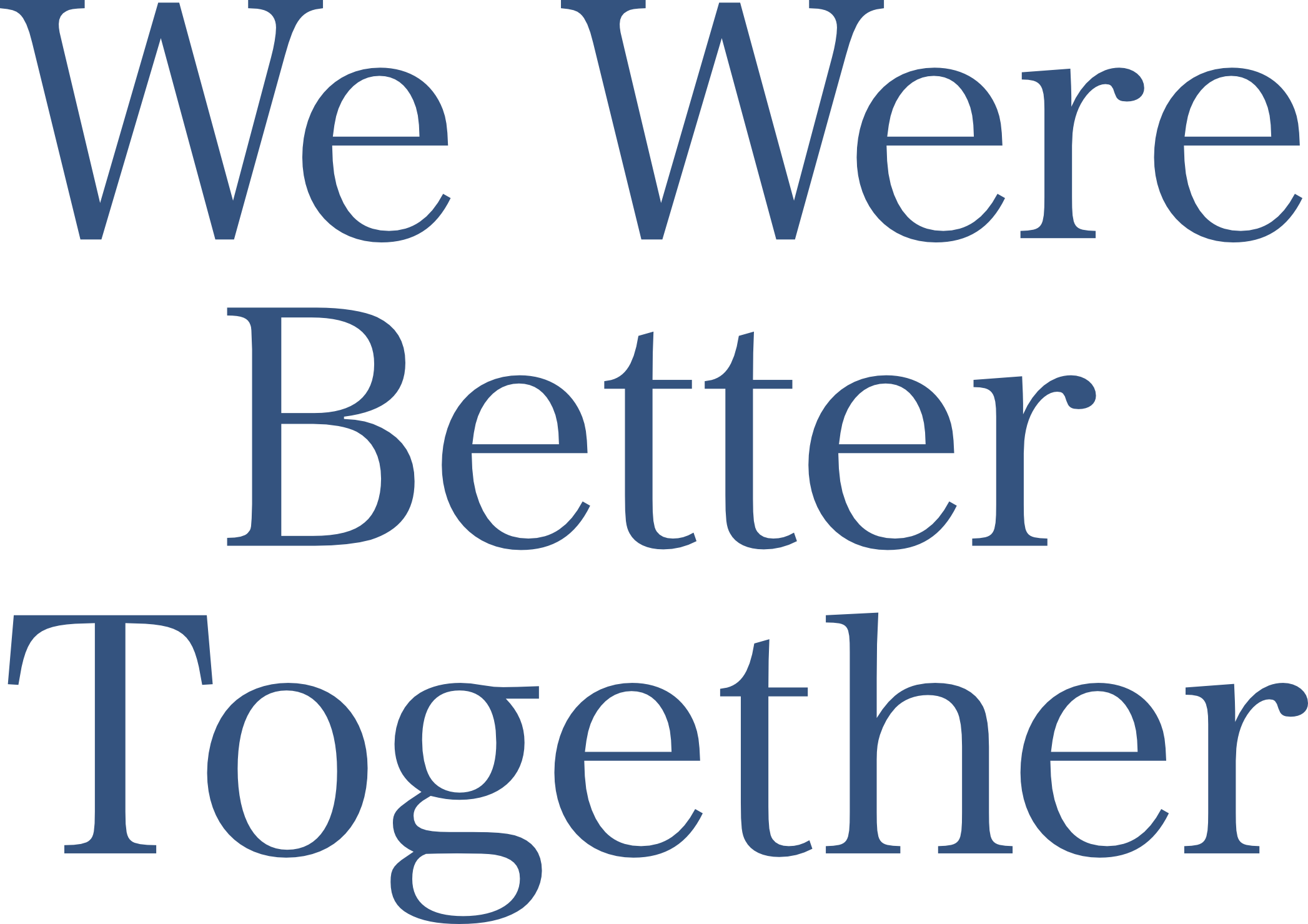
Preparing and assembling paperwork for an urgent health issue is probably not at the top of your to-do list, nor is it likely the most fun thing you can think of to work on this weekend. You may be more interested in topics like cancer prevention or healing cancer naturally.
Yet when confronted with a situation where you do need these documents, you sometimes don’t have time (or the ability) to pull them together. In my book, We Were Better Together: Navigating Cancer as a Couple, we cover a number of topics around this subject with experts in the field, including estate planning and health insurance. To learn more or get your copy of the book, click here.
As someone who has been through cancer as part of a couple, I want to strongly encourage you to take some time to prioritize the items on this list. Think of this act of preparation as a gift to yourself and your closest loved ones.
1) Your insurance policy. Whether you work with an agent, use the healthcare exchanges or take advantage of government coverage, it is vitally important to understand what needs to happen (and what is included/what is not covered) in the event that something serious were to happen to your health or the health of your partner. If you’re not sure where to start, call your agent or your insurance company’s customer service line and ask about guidance to review your policy and any questions you might have. Use the opportunity to talk through several scenarios–an unexpected accident, for example, or a long-term illness such as cancer. While this might not be your favorite activity, you will find it empowering and it may help you discover some elements that need your attention.
2) “Advance Directives:” These are documents you create in advance of a healthcare emergency to protect you and make sure your wishes are followed and that another person can make decisions for you if you are unable to do it yourself. There are two that are most important. I suggest you put both of the below into place:
a) Living Will. This tells doctors what you want if you should be unable to communicate directly as a result of a medical emergency
b) Health Care Proxy. In this document, you appoint someone (who has agreed to this with you in advance) to make medical decisions on your behalf when you cannot. The National Institutes of Health (NIH) has several articles about both of the above documents that you may find interesting. You can locate them using this link.
3) A Will. If you’ve been putting off making a will until “later,” let this blog be your gentle reminder to prioritize it now. Even if you feel you don’t have a lot of assets, you should consider creating a simple will just in case. A will gives you a chance to assign guardianship to any children or pets and to distribute property and other assets to the persons of your choice. You can also include any preferences for cremation or burial here, but sometimes the will is not opened until after a funeral or celebration of life. If you have complex assets, you’ll want to work with a professional estate attorney. If you just want to make a simple will yourself, there are a number of online services, including FreeWill, an easy and free service to help you make a basic will in very little time.
Get yourself buttoned up and you’ll feel very grown up. Tackle one of these documents each week for a month and it’ll be all set. You can review every year or two to make sure things are still in accordance with your wishes. Many people say that organizing these documents is actually a comfort, even before any health events arise.
Bob Shearer (5)
Robert J. Shearer is the co-founder, former CEO and chairman of Shearer Foods. During his 40-year tenure, he scaled the company to a multi-million-dollar enterprise, receiving accolades from numerous trade and business organizations. For his entrepreneurial achievements, Shearer has been recognized by Ernst & Young, Crain’s Cleveland Business and the Northeast Ohio Business Hall of Fame. A former chairman of SNAC International, Shearer also served on numerous boards and is a frequent keynote speaker on entrepreneurship. He divides his time between Florida, Arizona and Ohio.
